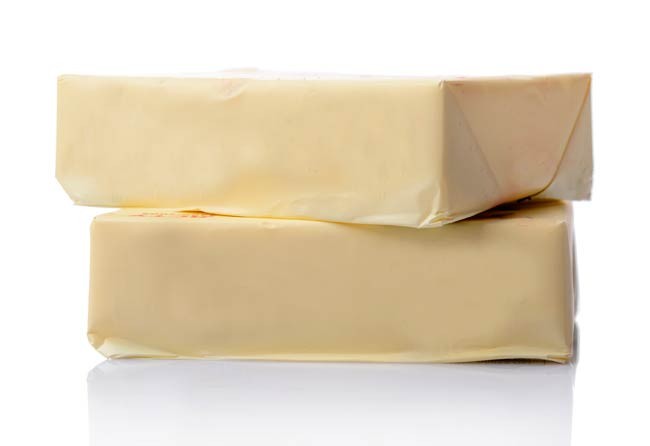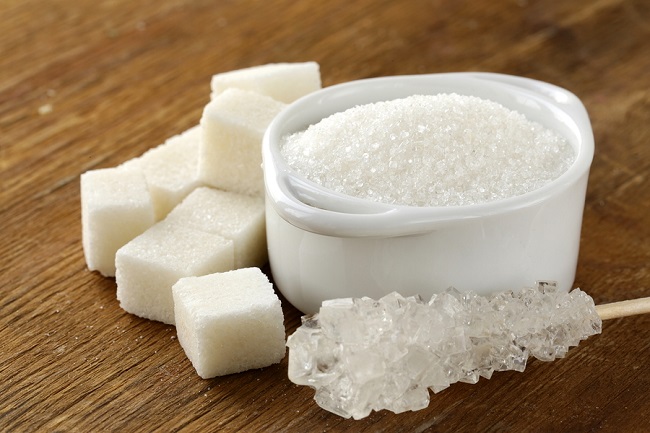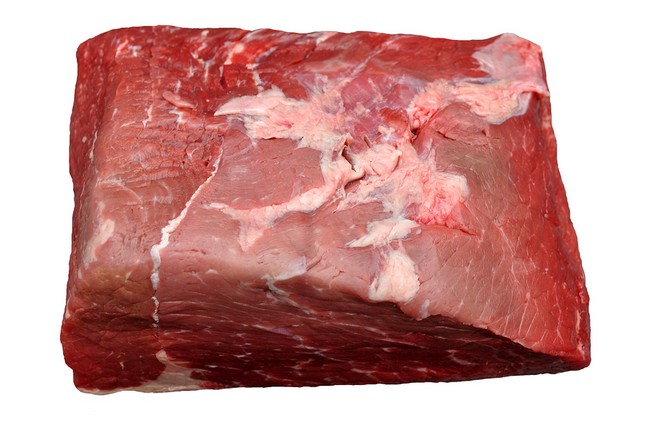- Make It Yourself Lavender Heart-Shaped Bath Bombs!
- 20 Things You Never Knew About “Down There”
- 12 Best Foods For Those Suffering From Arthritis Pain
- 12 Personal Hygiene Mistakes Almost Everyone Makes (Mom Never Told You About #4!)
- 15 Medicinal Plants And Herbs From The Cherokee People
- 12 Mind-Blowing Benefits Of Drinking Coconut Water During Pregnancy
- 12 Outstanding Winter Foods That Won’t Fatten You Up Like A Christmas Turkey
10 Things You Should Never Do If You Want to Beat Inflammation

Photo credit: bigstock.co
In case you haven’t heard, inflammation is something you don’t want to make your friend. If you already have chronic inflammation and you are taking prescription medications to stop it, your doctor takes periodic blood tests to check your liver function because prescription NSAIDs can be toxic to your body. Other common side effects include drug interactions, internal bleeding, and filling the body with toxins. That does not sound like a good plan, now does it?
There are plenty of other natural ways to help stop chronic inflammation in the body. You can read about those here in our article “Top 20 Herbs and Foods to Beat Inflammation.” In addition to the foods and herbs that you can eat to help beat inflammation, there are some things that you should avoid at all costs to stop stimulating an inflammatory response from your immune system.
Keep reading and find out the top 10 inflammation no-no’s.
1. The Proper Balance of Omega-6 to Omega -3
Although you need both omega-6 and omega-3 for optimal health, the tricky part is getting the correct balance. Too many people get too much omega-6 and not nearly enough omega-3. Consuming too many foods that contain omega-6 fatty acids will activate the over-production of the COX-2 enzyme, which will stimulate inflammatory prostaglandins. Omega-3 fatty acids stimulate the production of anti-inflammatory prostaglandins. Foods that are rich in omega-6 fatty acids are things like eggs, poultry, and processed vegetable oils such as corn, canola, and soy oil.

Photo credit: bigstock.com
2. Gluten
If you have heard of the recent popularity of the gluten-free diet, there is some science behind it. Recent studies show that many people tend to react to gluten as a foreign invader. This means your immune system will respond with inflammation. Inflammation of your digestive system can inhibit your body’s ability to properly absorb nutrients.
If you want to see if gluten might be a problem for you, eliminate it from your diet for 30 days and see if you feel better or if your symptoms improve.

Photo credit: bigstock.com
3. Conventional Dairy Products
Conventional dairy products are highly acidic to the body since they are filled with antibiotics, hormones, and other toxins from the food that factory farmed cows are fed. Milk from these cows is heat-treated, forming acid. When combined with other toxins, this can cause a significant inflammation response in the body.
There can also be allergic responses, similar to the ones that gluten causes, which can also cause inflammation. Again, if you think that conventional dairy might be a problem for you, eliminate it from your diet for 30 days and see if your symptoms decrease.

Photo credit: bigstock.com
4. Excessive Exercise
Although most people think of a lack of exercise as a serious problem, excessive exercise is just as hard on the body as a sedentary lifestyle. Exercise does create free radical damage and while exercise will help you to build muscle tissue, too much exercise will actually break down body tissue.
You need to give your body time to rest and recover between your exercise routines. When you fail to give your body time to rest, inflammation can build up, causing a severely inflamed state in the body. Honor your body and give it everything it needs, including rest.

Photo credit: bigstock
5. Processed Fats
To make this easy, think of processed fats as processed or denatured oils. Processed oils are extremely hard on the body and are well-known to cause inflammation. Denatured oils means that these vegetable oils have been broken down and oxidized, which means they will become a source of free radicals in the body, causing damage to the cells, which will lead to inflammation.
Eat more whole food fats for better health such as coconut, coconut oil, ghee, avocado, seeds, and nuts.

Photo credit: bigstock.com
6. Refined Carbs
You know what these are: those yummy donuts, cakes, fast foods, bread, cookies, pies, and certain fast foods. These super refined carbs will spike insulin levels and when this happens, eicosanoids, which are hormones that live in your cells, will act as pro-inflammatory agents.
These hormones can act as either anti-inflammatory agents, or pro-inflammatory agents. Refined carbs will tilt them towards the pro-inflammatory side, so avoid these carbs as much as possible.

Photo credit: bigstock.com
7. Dehydration
The body needs water to serve as its vehicle for all chemical reactions in the body as well as to properly flush toxins. This means proper hydration is vital if you want to avoid inflammation.
SEE ALSO: Are You Sick and Tired of Being Sick and Tired? You Might be Dehydrated
A buildup of toxins in the body will result in an inflammatory response.

Photo credit: bigstock.com
8. Avoid Sugar
Sugar feeds both cancer and inflammation. Your body does not understand refined sugar and high fructose corn syrup is perhaps the worst offender. Your body will see these types of unnatural sugars as a foreign invader and it will send out its first responders, inflammation, to remove them.
Regular consumption of refined sugar and HFCS will give you severe inflammation of the digestive system and cause major health problems down the road.

Photo credit: bigstock.com
9. Limit Animal Protein
You should greatly increase your limit of animal protein, which means eating considerably less beef, pork, poultry, chicken, and other meats, with the exception of fish.
Excessive consumption of animal protein will cause an inflammatory response in the body. Eat more fresh vegetables, fruits, free range, organic eggs, hard cheeses, and unsweetened yogurt. Make meat a treat for special occasions only.

Photo credit: bigstock.com
10. Alcohol
As you can imagine, alcohol is naturally irritating to our bodies. When we are talking about alcohol we are taking about excessive alcohol, of course. One drink is fine, but more than that and you are pushing it. Having just three drinks allows bacteria to pass through the intestinal lining, which leads to irritation and inflammation.
Although small amounts of alcohol have been linked to lower risks of certain health conditions, such as Alzheimer’s and heart disease. Once you get past those two drinks per day, you begin a love affair with inflammation that no one wants to be a part of.
References:
































